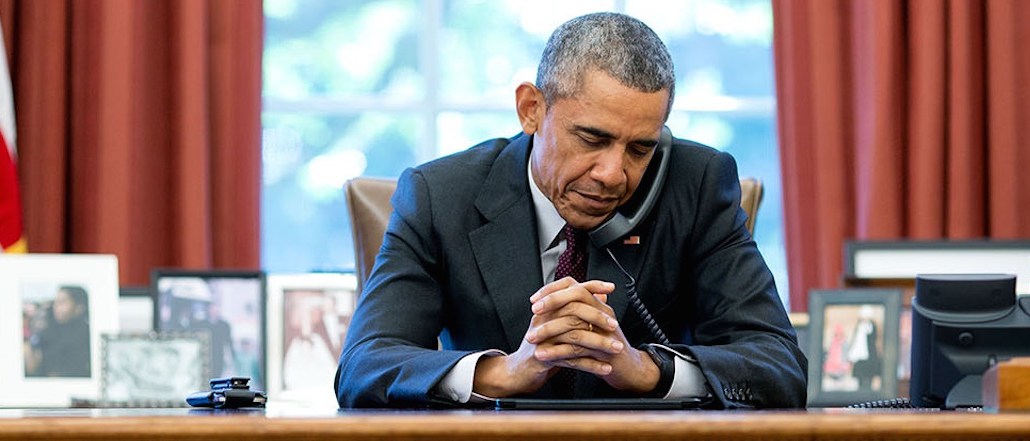
The White House has joined Snapchat, apparently unaware that Peach is the new social media craze.
In addition to having a presence on Instagram and Facebook, the White House says in a blog post that Snapchat’s 100 million active daily users — 60 percent of them are between 13 and 34 years old — is an ideal platform for it to share news in “new and creative ways.”
First-ever snap from the Oval Office, from whitehouse on Snapchat pic.twitter.com/qn4cUpArhE
— Peter Hamby (@PeterHamby) January 11, 2016
Those so-called new and creative ways leave something to be desired. The White House’s first snap (username: WhiteHouse) added to its story is a wobbly video panning out from a bowl of apples (?) revealing an empty Oval Office. Well, at least there was an emoji.
Snapchat is the latest platform to be added to the White House’s social media arsenal, along with a presence on the usuals, like Facebook, Instagram and Twitter, where it has a better grasp on how things work.
It’s the latest sign that Snapchat is shifting from being quirky to more mainstream as it broadens its appeal to become profitable. The White House’s addition to Snapchat has some of its loyal users worried that it’s no longer cool:
The @WhiteHouse is hip and with it now that it has a @Snapchat channel. In other news, mass exodus of millennials from snapchat…
— Calvin Men (@CalvinMenAtWork) January 11, 2016
The move comes a day before President Obama’s final State of the Union. Yesterday, The White House said that in addition to YouTube, the speech will be streamed on Amazon for free. Presumably, snippets of the speech will be shared on Snapchat.
As for Peach, we’ve requested someone named the “WhiteHouse” but haven’t yet been approved to follow them. Hmm.
Photos via White House/Flickr.
More in Media

Digiday+ Research: Dow Jones, Business Insider and other publishers on AI-driven search
This report explores how publishers are navigating search as AI reshapes how people access information and how publishers monetize content.

In Graphic Detail: AI licensing deals, protection measures aren’t slowing web scraping
AI bots are increasingly mining publisher content, with new data showing publishers are losing the traffic battle even as demand grows.

In Graphic Detail: The scale of the challenge facing publishers, politicians eager to damage Google’s adland dominance
Last year was a blowout ad revenue year for Google, despite challenges from several quarters.





